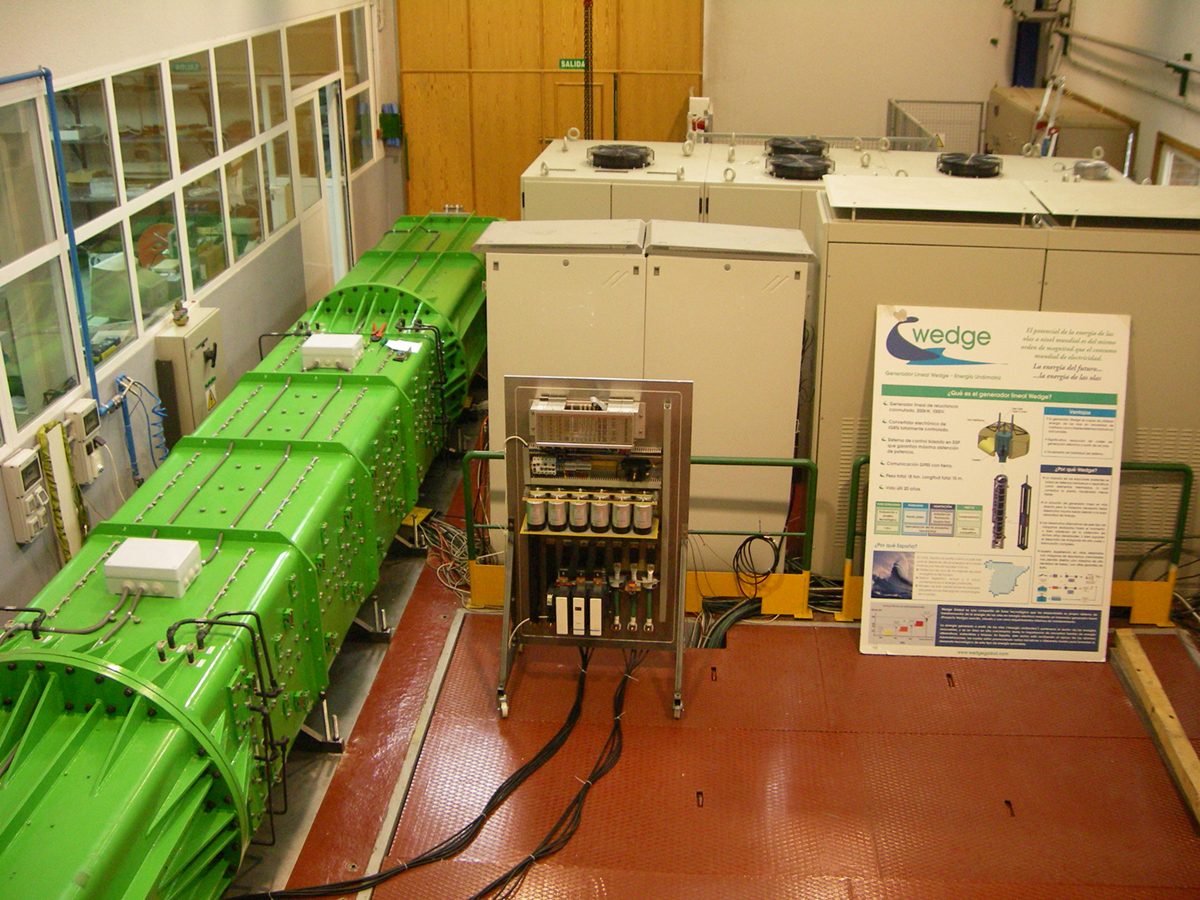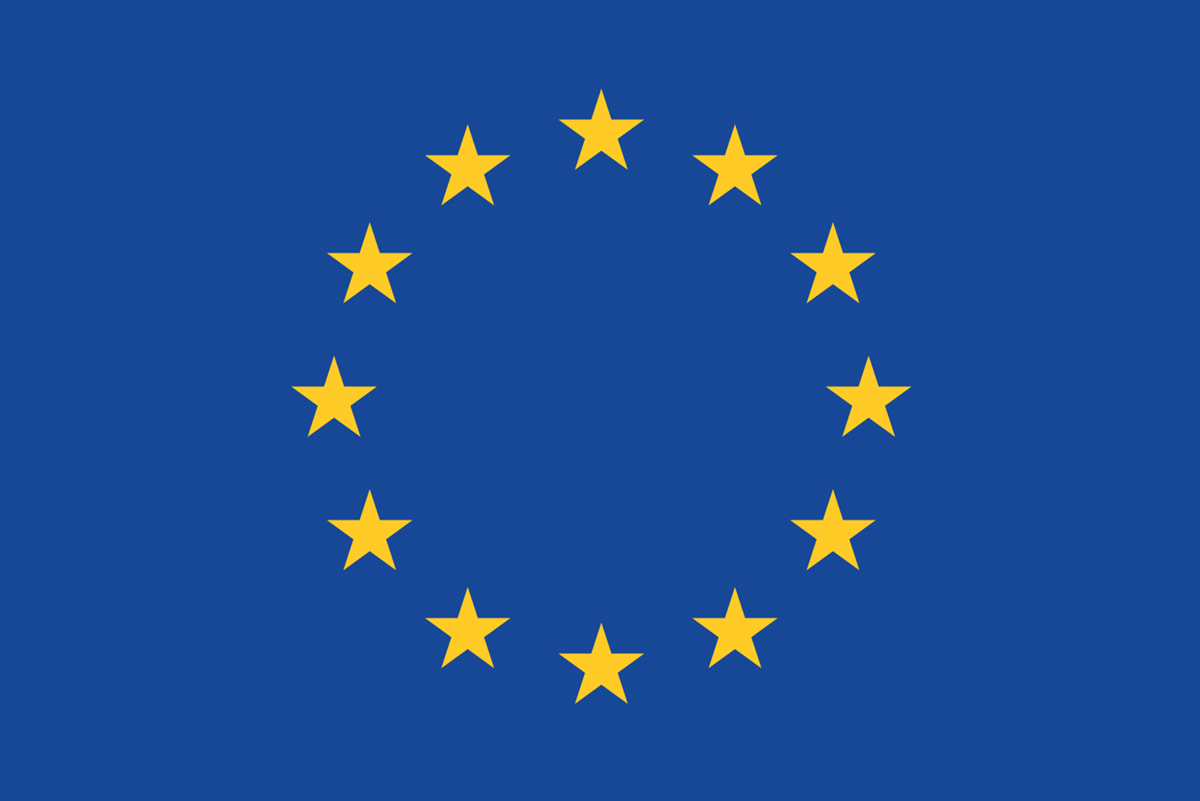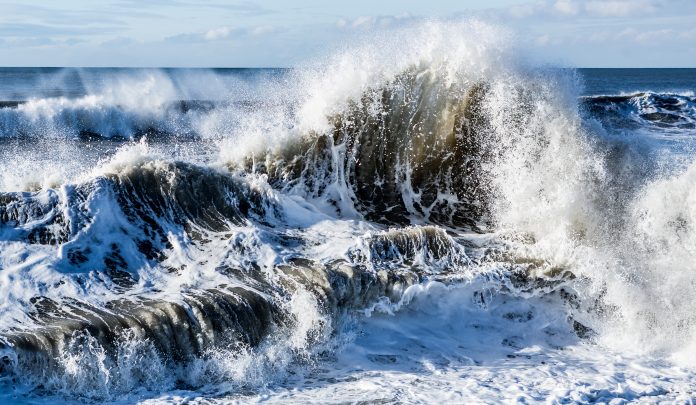Aleix Maria Arenas from Wedge Global tells us what we need to know about the H2020-funded SEA-TITAN project that encourages a step-change towards wave energy technology convergence
Exploration of renewables at sea, namely offshore wind and ocean energy, is one of the avenues that the energy industry is pursuing today given its tremendous potential and key technologies under development. According to Ocean Energy Europe (OEE) analysis, wave energy has accumulated a total of 11.8 MW since 2010 only in Europe, 0.6 MW of which was installed in 2019, a 25% increase over 2018. Most of these developments remain at a demonstration stage where technology divergence prevails.
The H2020-funded SEA-TITAN project, coordinated by the Spanish company Wedge Global, aims to make a step-change in the wave energy sector by designing, building, testing and validating a modular, crosscutting second-generation Direct Drive Power Take-Off (PTO) equipment for Wave Energy Converters (WECs) to be adopted by as many WEC developers as possible, such as CorPower Ocean, Centipod, Hydrocap Energy or Wedge Global.
We are the first initiative actively pursuing technology convergence and standardisation through an open hardware business model, a free-access platform to discuss, learn and share technology concepts and ideas, stemming a widening trend of in-house developments boosting the wave energy sector with common goals and efforts. We are keen to incorporate and introduce new members such as technology developers, academia and research institutions.
The SEA-TITAN project’s modularity and crosscutting features seek to align with most WEC technology development strategies, opening a new and very valuable avenue to explore maximising the efficiency of any ‘in-house PTO’ and optimising power production from associated WEC. For example, CorPower Ocean is bringing to market a new class of high-efficiency WECs, enabling robust and cost-effective harvesting of electricity from ocean waves. Hydrocap Energy’s innovation strategy focuses on the integration of a hydrolyser module in the power conversion path, producing hydrogen instead of electricity as the final result. At SEA-TITAN, we expect to play a key role in unleashing the full potential of CorPower, Hydrocap’s and many other WEC technologies.
PTO technology represents the heart of any WEC equipment as responsible for the energy conversion path, from the kinetic energy of the waves to the desired energy vector (electricity, pressure or hydrogen), with a certain number of intermediate steps associated with losses in efficiency, but also in reliability given the increased complexity of the system. The innovative PTO technology under development is based on Wedge Global’s first-generation PTO technology, a direct drive solution without intermediate steps, a modular, reliable and greatly efficient solution. Wedge Global’s team is composed of highly experienced and qualified professionals seeking innovative solutions and applications for offshore equipment with high-quality standards and crosscutting solutions that maximise efficiency and reliability. Wedge Global’s team in SEA-TITAN is supported by CIEMAT and WAVEC, prestigious Spanish and Portuguese research institutions with years of experience in developing offshore technology solutions.
Usually hidden from the spotlight we can find the power electronics systems: critical systems required for the correct operation and control of any electric equipment. Simply charging your phone every day requires modifying from AC to DC, and this mundane function can wreak havoc if done incorrectly or with low-quality materials. The SEA-TITAN PTO is no different, we care about the quality and safety of every single component, so because of that, Ocem Power Electronics is on SEA-TITAN’s technical team. For over 70 years, Ocem has been involved in energy and physics applications by designing, testing and commissioning large power supply systems for primary physics laboratories and nuclear fusion applications. Ocem has designed the power electronics section of SEA TITAN to get a modular solution with high efficiency and reliability against fault conditions, as well as electrical and mechanical versatility plus adaptability.

Also, SEA-TITAN’s team aims to offer a first-of-a-kind superconducting direct drive PTO design. This is a collaborative effort between CIEMAT and ASG Superconductors, a world leader in the design and production of superconducting magnets and devices. Superconductivity is expected to have a strong impact on the energy sector. This technology has already been essential in most nuclear fusion projects and furthermore, many projects are implementing superconducting solutions in power generation, transmission, distribution and storage systems. The main scope is to reduce the size and weight of the systems taking the benefit from higher current density and stronger magnetic fields.
Finally, SEA-TITAN’s team is pioneering an open hardware market concept for the wave energy sector together with proper standardisation to promote, update and accelerate electromechanical innovation in the wave energy sector. European standards are well known and trusted tools used by European industry and stakeholders in general. Contributing to the SEA-TITAN project results in the development of standards that will provide key support for the uptake of innovative solutions. Facilitating market acceptance of the project outcomes while contributing to the transmission of the knowledge generated to the European standardisation system (CEN/CENELEC), SEA-TITAN includes the participation of UNE (Spanish standardization body) who leads efforts in standardisation. Identifying the relevant standardisation landscape and applicable standards align efforts with existing relevant practices and accelerate transfer output to future standards.
To maximise results, ensuring industry implication in the technology, the SEA-TITAN project includes Energias De Portugal’s R&D arm, EDP NEW – Centre for New Energy Technologies, who are responsible for securing future growth options for the company towards EDP’s leadership in the energy transition. EDP CNET’s scope within SEA-TITAN is to establish a technology benchmark and the business case to increase project knowledge and enhance its network of key academic and industrial partners in the sector. The industry’s voice is also reflected within the project through the participation of Engie Fabricom who is reassuring us that their philosophy concerning wave energy is an important step towards achieving zero-carbon energy generation and a cleaner planet. Engie Fabricom is playing a leading role in the zero-carbon transition by investing in renewable technologies worldwide, with SEA-TITAN being a perfect example of these efforts.

This project has received funding from the European Union’s Horizon 2020 research and innovation programme under grant agreement No. 764014.
*Please note: This is a commercial profile











